



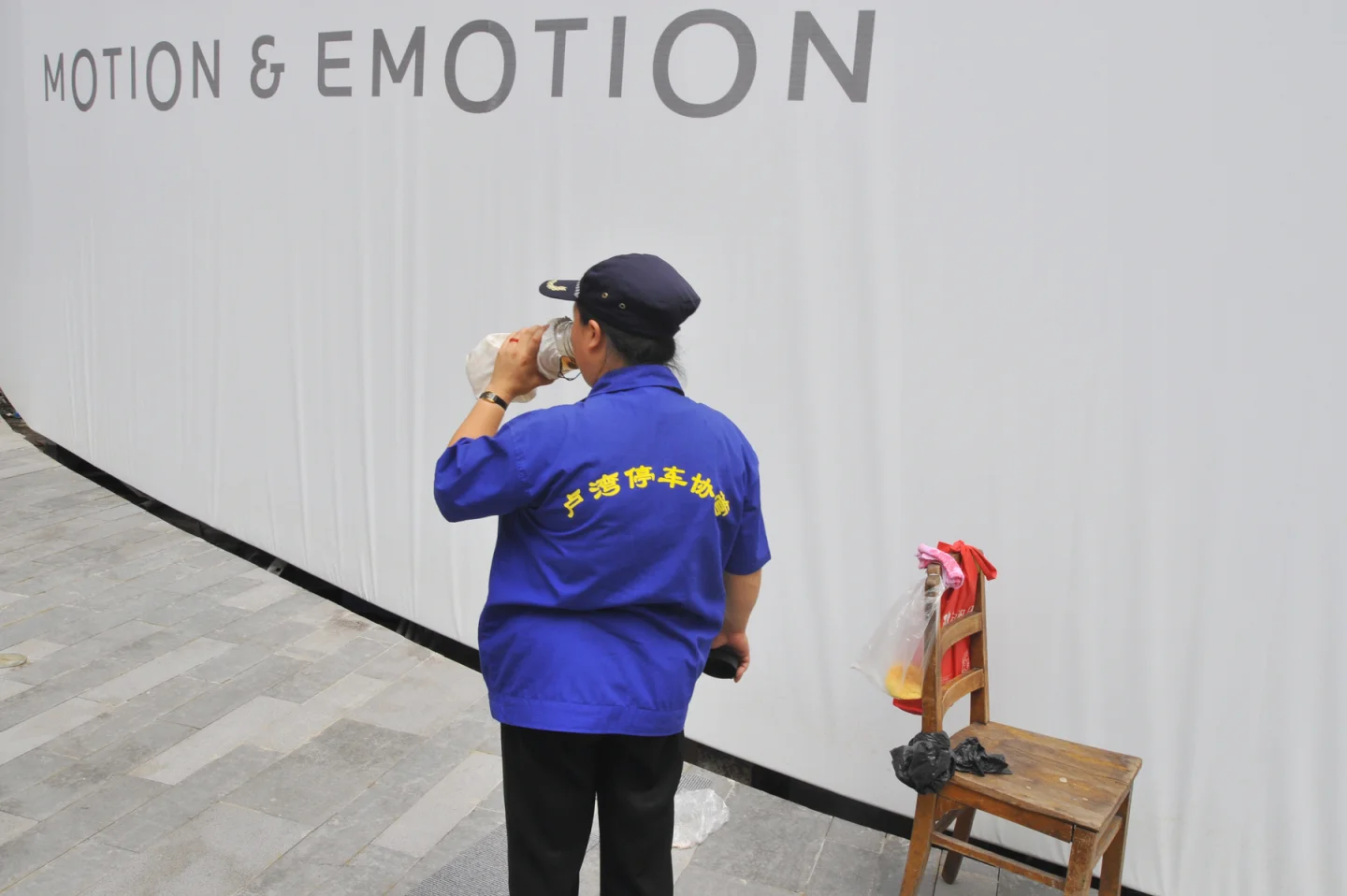
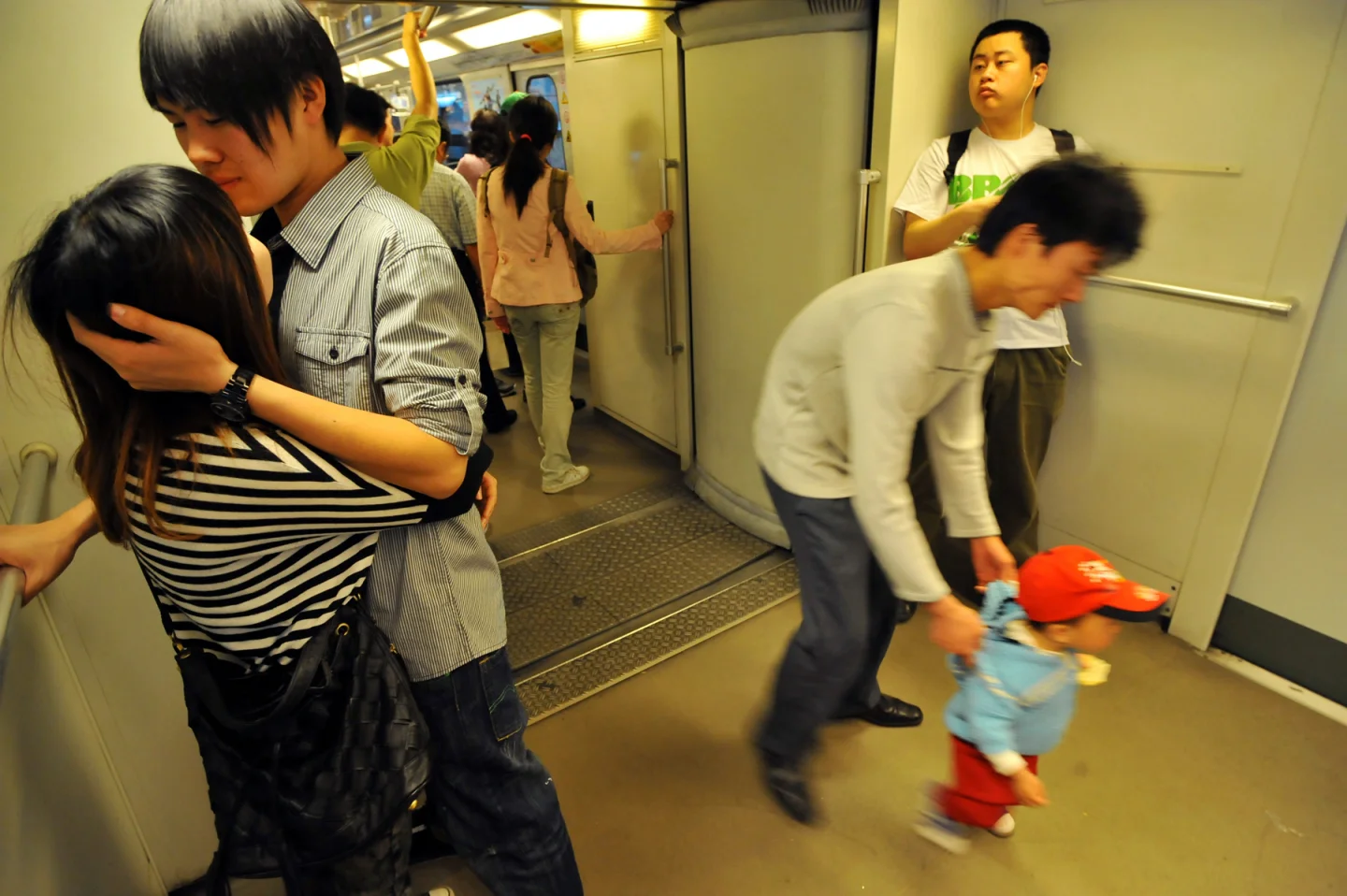
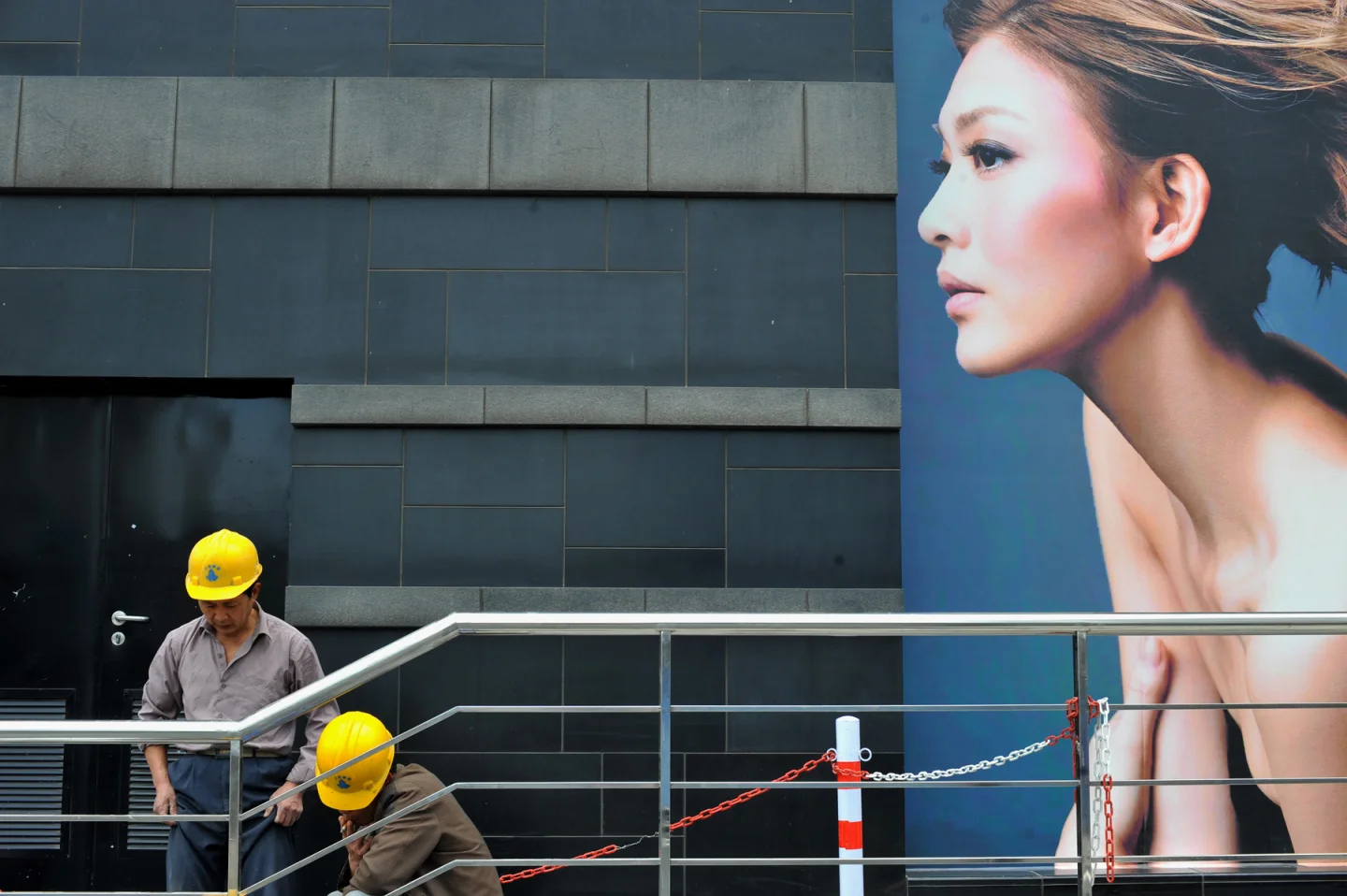
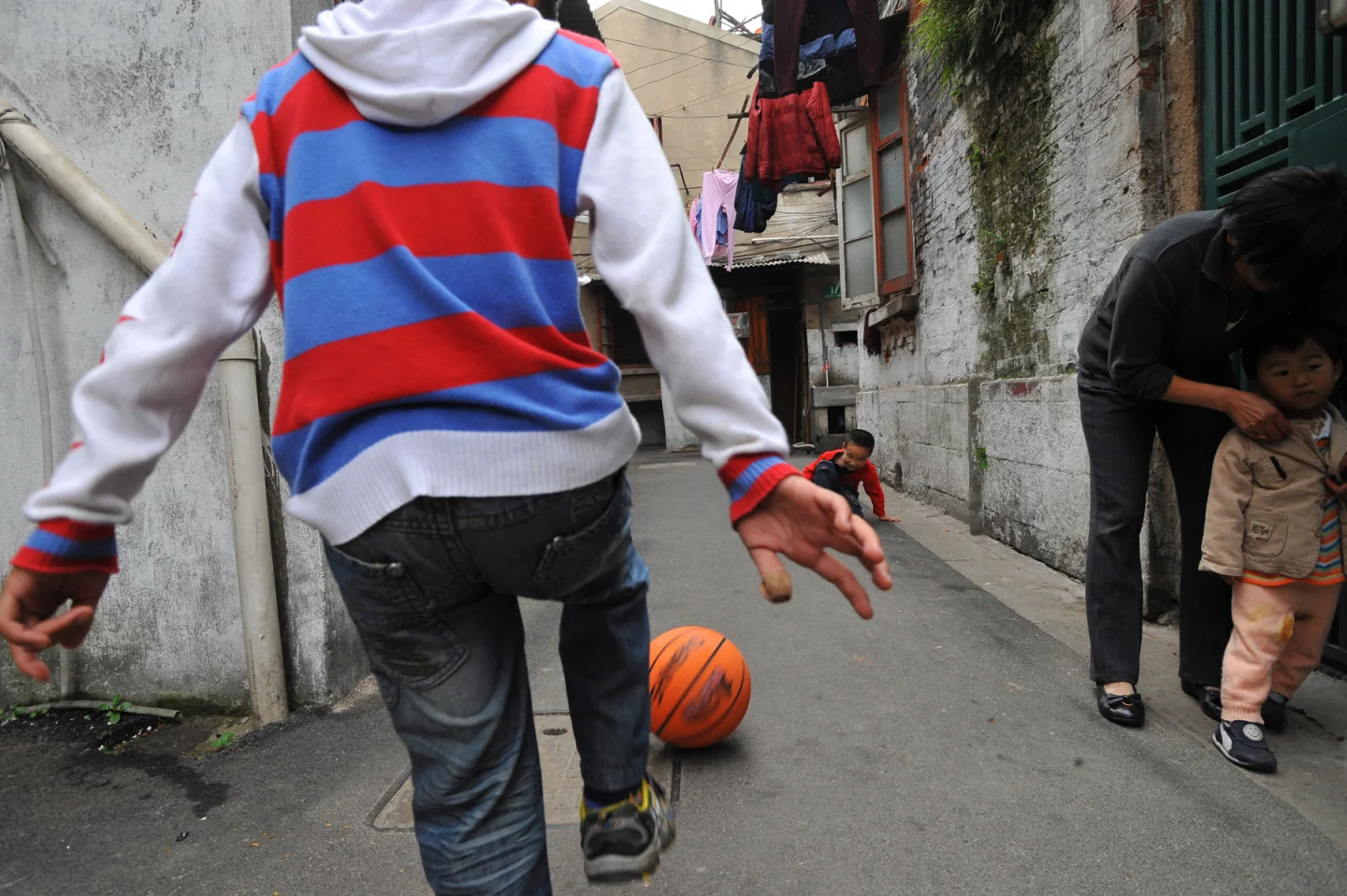
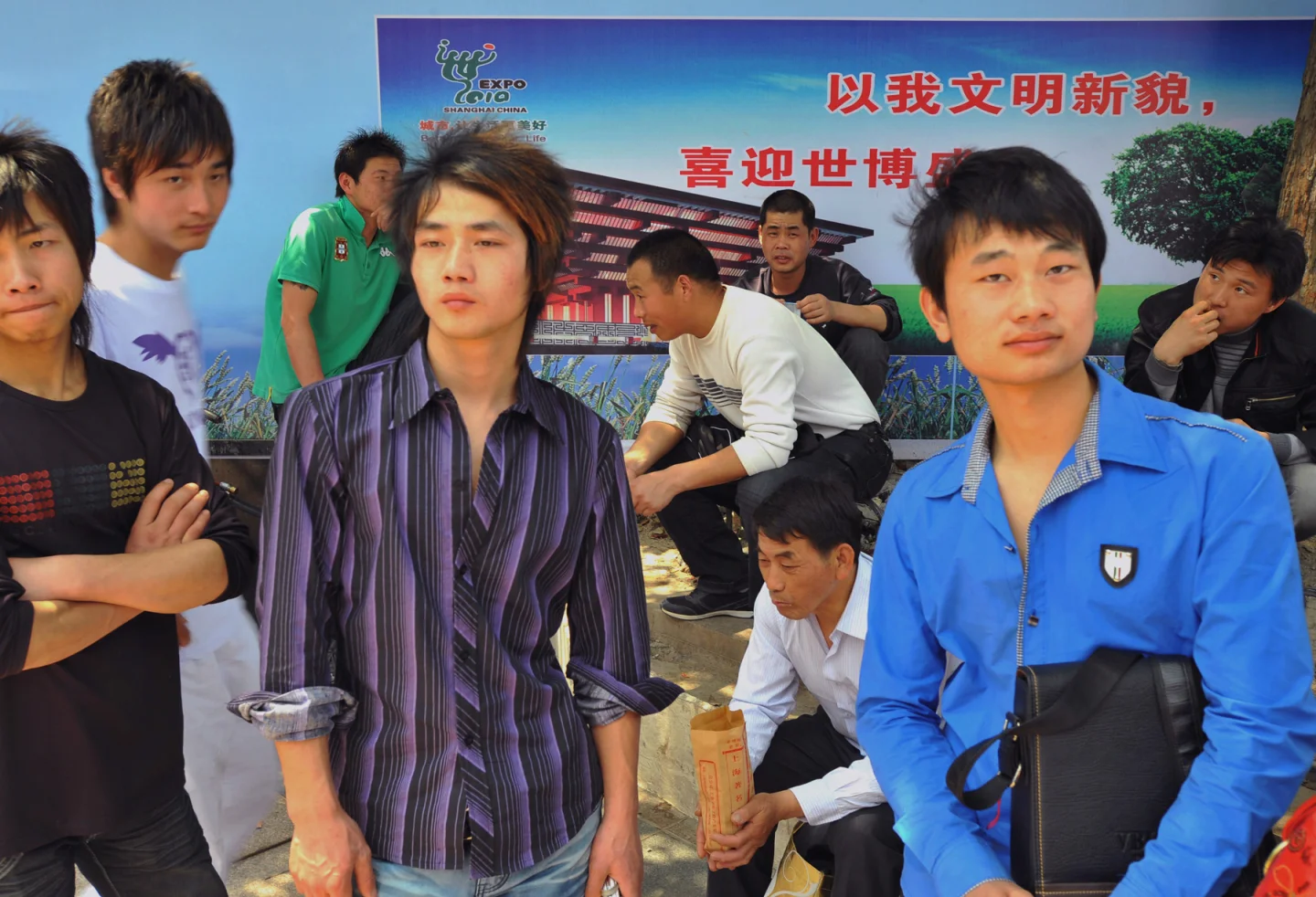
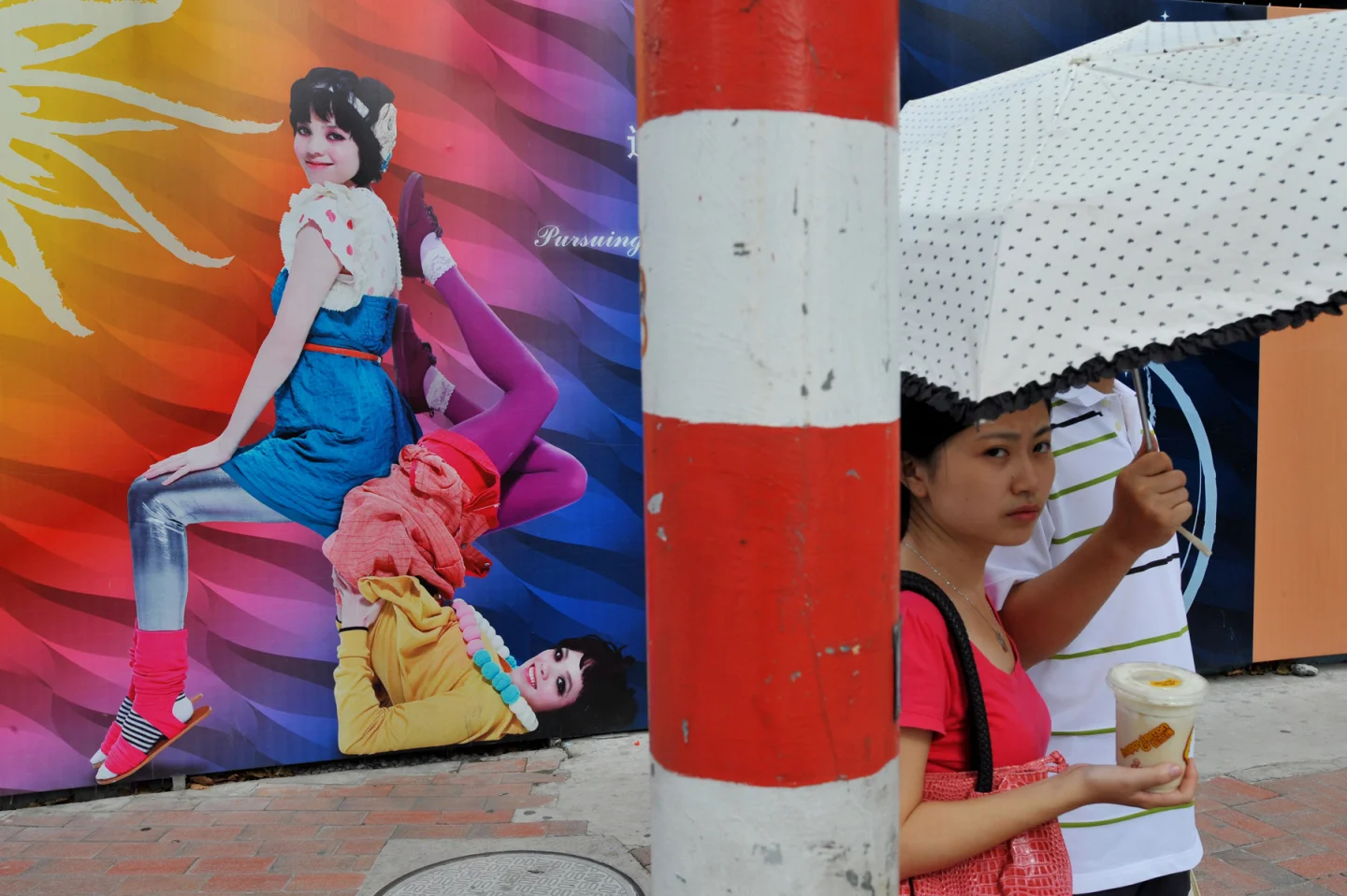
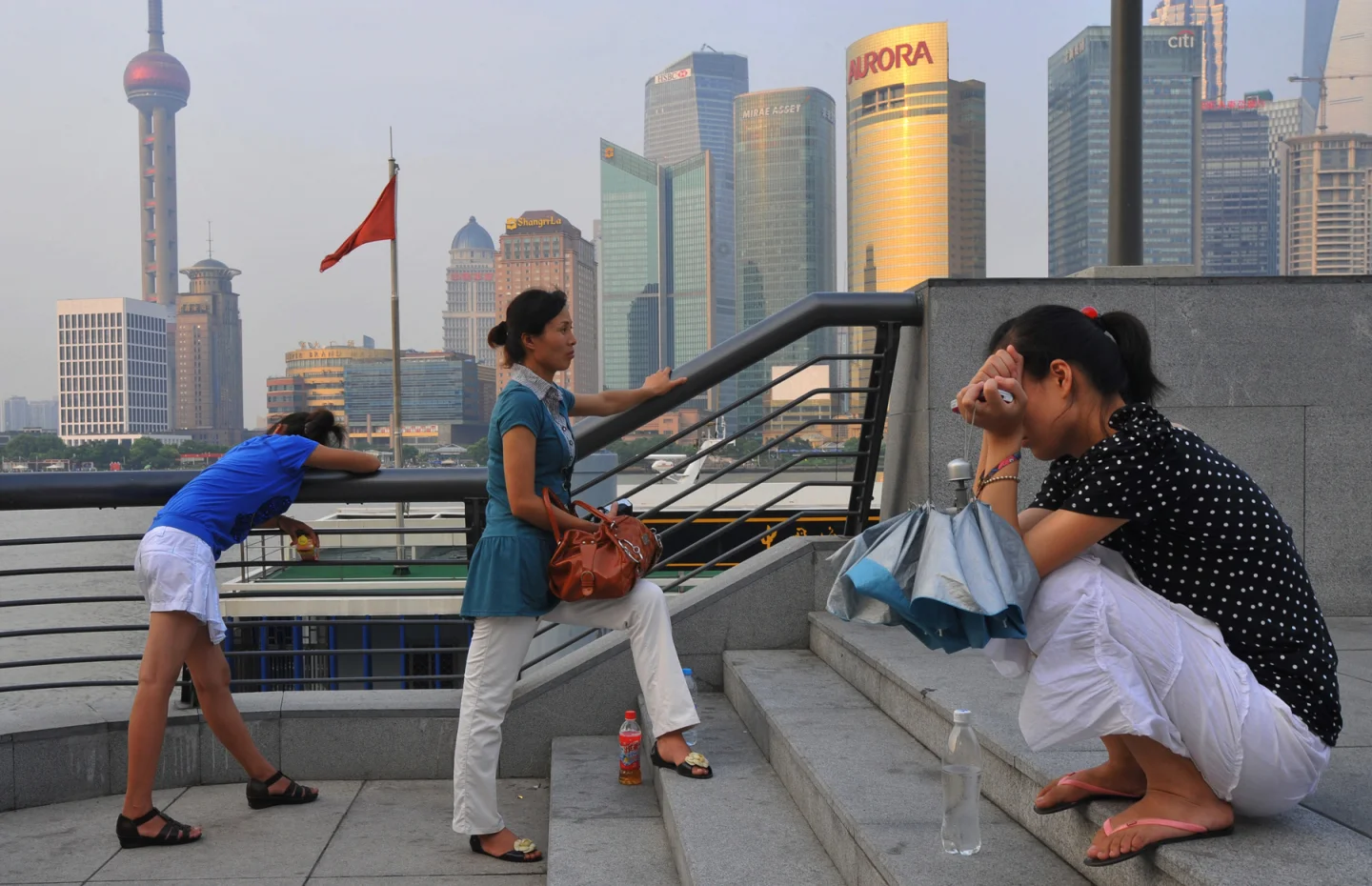



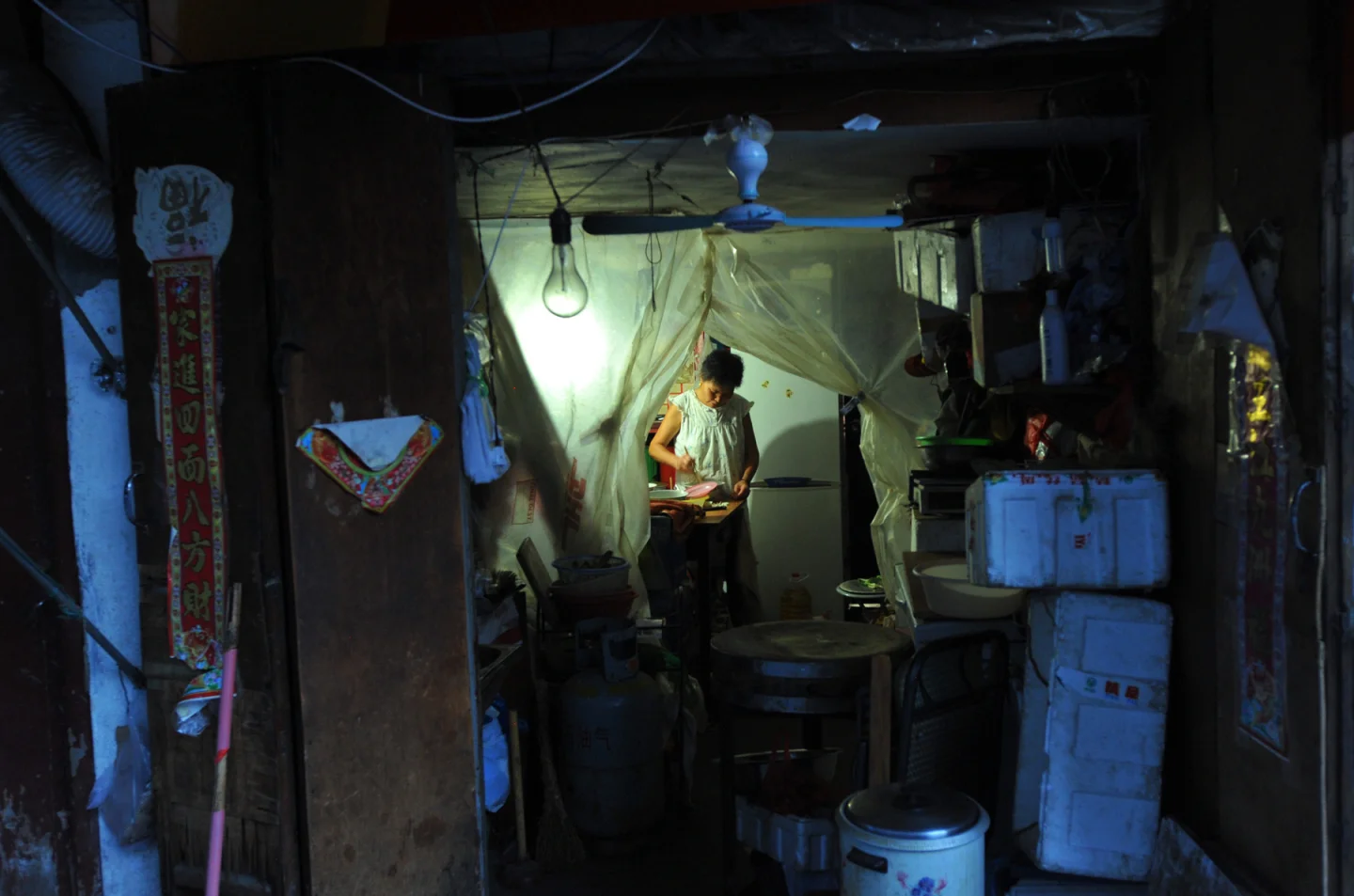




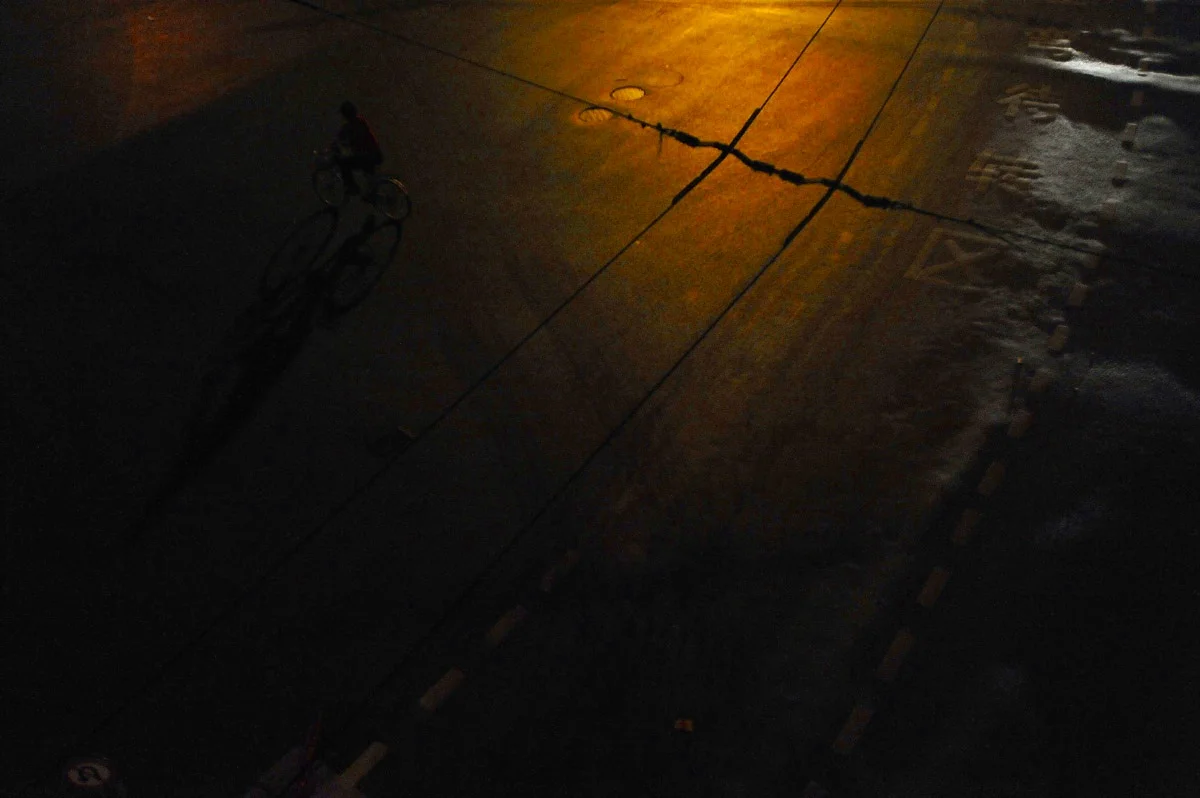

Zhang-san-Li-si
In 1990, then chairman of the Chinese Communist Party, Deng Xiaoping, gave the go-ahead on a promoted development plan for the east side of the Huangpu River that runs through the city of Shanghai. After two decades of rapid growth, Shanghai has become a metropolis that holds an iconic position in both domestic and international terms.
Shanghai has been one of the most mature cities in the history of China. The country with the pride of a civilization from as far back as B.C. 4000 had many things introduced through Shanghai. The front porch of the second biggest nation in the world to the Far East Asia, Shanghai took full advantage of its location to establish a status as an international trading port.
As an ideal actualization of the post Cold War path of economic growth, unlike a path its dear neighbor former Soviet Union took, and in contrast to the often hostile and secret political capital of Beijing, Shanghai enjoys its part to show off shiny buildings, entrepreneurs (in still theoretically communist nation) and rich cultural mix that is evident from the colonial times. With all the ingredients, a visitor might think that people living in Shanghai are very modern, highly educated, and paid, and in fact, cosmopolitan (in the Western sense).
Shanghai residents seem to, more or less, enjoy what goes on in their famed hometown, or at least, show adjustments. For many locals, though, it’s a mixed feeling to witness such an extravagant development, not forced from outside but from within. It is only natural to assume that the drastic changes throughout the past two decades may have left some population on the fringe. And very so often, as Shanghai locals go about their daily lives, one may sense a mood swing, perhaps insecurity, probably anxiety, or even a bluff, projected by regular everyday people.
*The four-letter Chinese idiom, Zhang-san-Li-si, literally means “Zhang’s third son and Li’s fourth son”. Zhang and Li are two of the most popular family names in China; thus, the notion that their third son and fourth son are everywhere suggests ordinary people. “An average Joe” is an English equivalent.
張三李四
1990年、当時の中国共産党主席の鄧小平は上海を流れる黄浦江の東岸地区開発に着手した。20余年後の現在、めまぐるしい成長の後に上海は中国内外において重要なポジションを持つ街へと変貌を遂げる。
紀元前4000年以上に遡るとも言われる中国の歴史の中でも、上海はもっとも成熟した街だと言える。ユーラシア大陸の東端に位置し地政学的にも商業的にも有利だった上海はいつしか世界的な港町として機能し始めた。
冷戦崩壊後に顕著になったグローバリゼーションの波の中で、中国も急速な経済成長を国策の上位に掲げることが不可避になり、毛主席以来の建前であった共産主義との整合性を内外に向けて発信する必要に迫られる。2010年に開かれた万国博覧会は、まさにその絶好の機会だった。
しかしこの20余年の急激な変化で経済特区以前の生活を懐かしむ声もある。あらゆる社会的変化の狭間でそれに疑問を呈する人達や新しいシステムにうまく組み込まれない人達がいる。それでもグローバリゼーションのうねりから逃れる事は不可能で、日々を何とか生きるしかないというのが上海の路上ですれ違う人々の本音であるらしいことは想像に難くない。万博開催に湧く街で日々の生活の断片を捉えた。
*「張三李四」は中国の熟語で“張さんの三男坊、李さんの四男坊”という意味。張さん、李さんという名字が中国で一般的であり、一人っ子政策以前は大家族で巷に張さんや李さんがあふれていたという事実から転じて「市井の人」という意味を持つ熟語。日本語の対訳は「熊さん八っつぁん」。